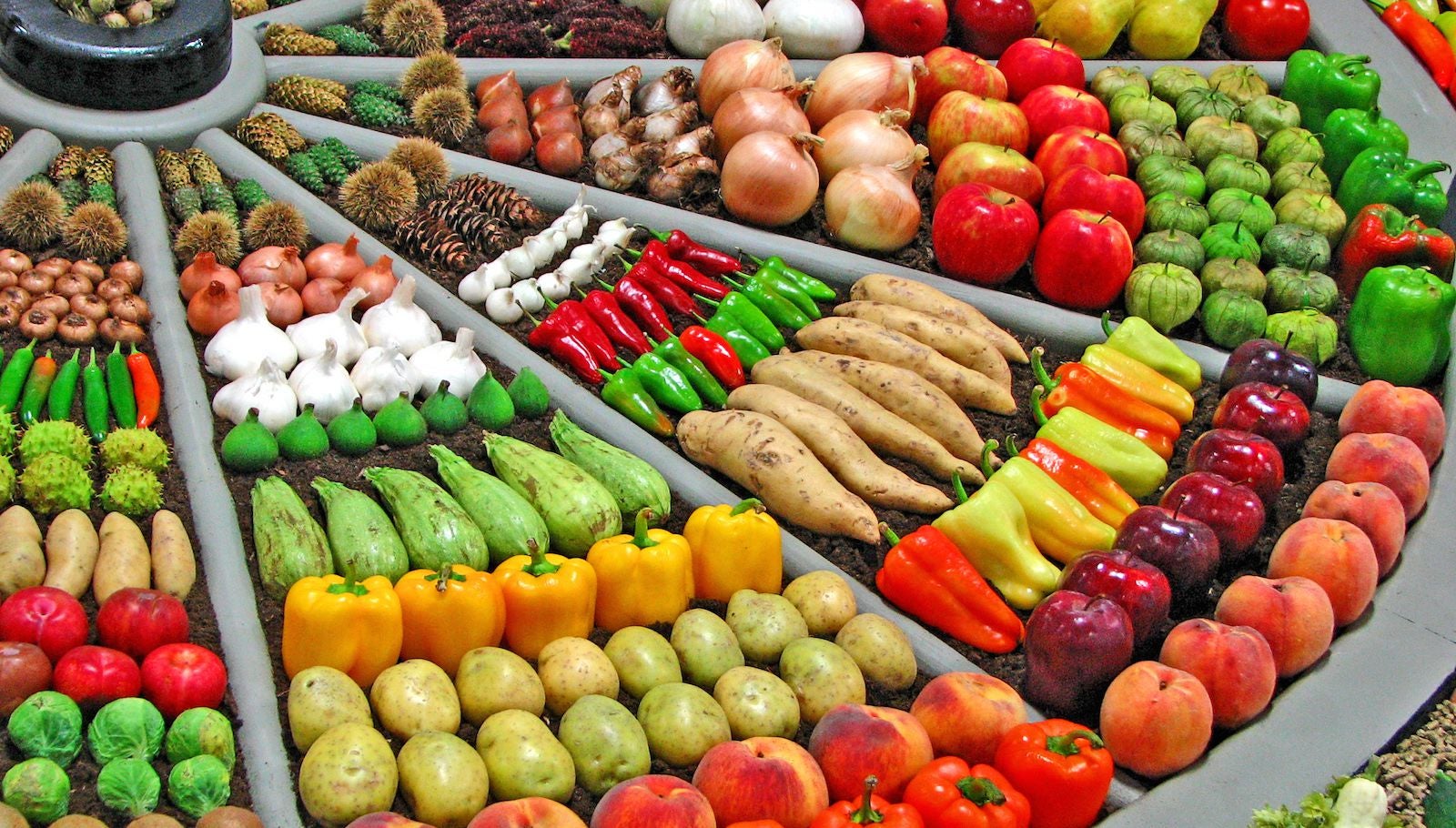Kids who are very picky eaters tend to be more anxious and depressed
Parents the world over struggle to entice their children to like broccoli and brussels sprouts. But for the kids who turn their nose up at just about everything, there might be some larger problems at hand.


Parents the world over struggle to entice their children to like broccoli and brussels sprouts. But for the kids who turn their nose up at just about everything, there might be some larger problems at hand.
According to a new study by researchers at the Duke Medical Center, young children with extreme pickiness are more than twice as likely to be depressed or have social anxiety than their less picky peers.
The good news is that while selective eating (known as SE) affects a lot of children, a much smaller portion of severely picky eaters suffer emotionally. The study found that over 20% of the children studied had either moderate or severe SE. However, the psychological and psychosocial side effects mostly accompanied only the 3% of children with severe SE.
“We’re not just talking about kids who are refusing to eat broccoli or prefer maccaroni and cheese,” Dr. William Copeland, a clinical psychologist at Duke and a coauthor of the study, tells Quartz of children with SE. Copeland defined extremely picky eaters as “kids who are so limited in their eating preferences that they are incapable of eating with others,” who ”aren’t able to eat outside of the home” or who “require meals that are different than the rest of their family.”
Among the 917 toddlers surveyed in the Durham, North Carolina area, children with severe SE were 2.1 times more likely to have a diagnosis of depression and 7 times more likely to have a diagnosis of social anxiety, while corresponding increases in psychological disorders were not as associated with children that suffered from moderate SE.
“It’s absolutely the case that most kids with selective eating are not going to be depressed or have anxiety problems,” Copeland says, adding that these findings, published in the journal Pediatrics, do not necessarily prove that extreme pickiness is the cause of depression or anxiety.
However, a survey two years later by the same authors of 200 respondents found that children with moderate and severe SE were nearly twice as likely to go on to develop general and social anxiety disorders.
The study participants, Copeland notes, are not representative of the US as a whole—Hispanics and African Americans were highly overrepresented—and the rates of SE are unknown nationwide (though the overall depression and anxiety levels of the study’s sample was consistent with the rates for young children nationally).
The findings suggest that not all food pickiness should be viewed as something children just grow out of over time, Copeland says. Instead, severe pickiness could indicate that parents and doctors should be vigilant about accompanying behavioral and psychological stresses. Copeland says it also suggests that the drivers of picky eating deserve more research.